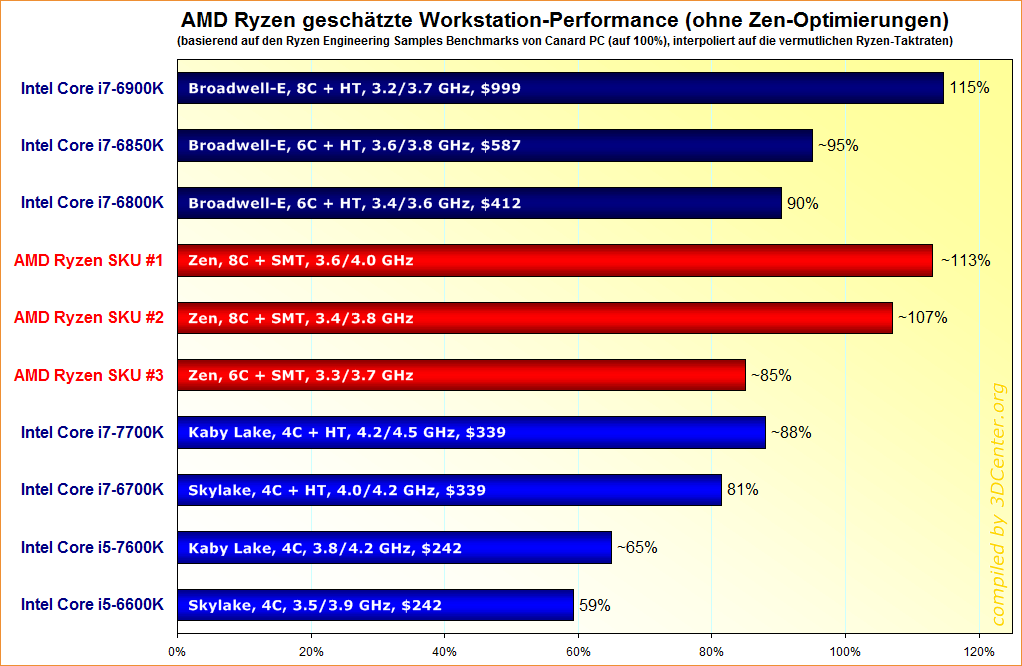Nope 1151 :
Has anyone seen this yet? I am not sure if this faked or not:
https://videocardz.com/65825/first-amd-ryzen-7-1700x-benchmarks-are-here
Those specific numbers put it squarely around haswell performance...in single thread...and apparently right around SL/KL when threaded, and it blows the doors off that 6800K.
Also, reading the original thread where these CPU Mark benchmarks came from on Anandtech, lots of the processors that are not Zen are overclocked by the estimates of many. The clockspeeds on these links are evidently only showing stock speeds, but not what the actual CPU speed is at currently. For example, a 5960X was shown beating a 6900K in several examples, which should not be accurate, additionally, they had one where a heavily overclocked FX9590 was ahead in physics score and prime numbers, which should also not be possible, as an 8c Ryzen CPU would have twice the FPUs.
Something is not completely right with this...



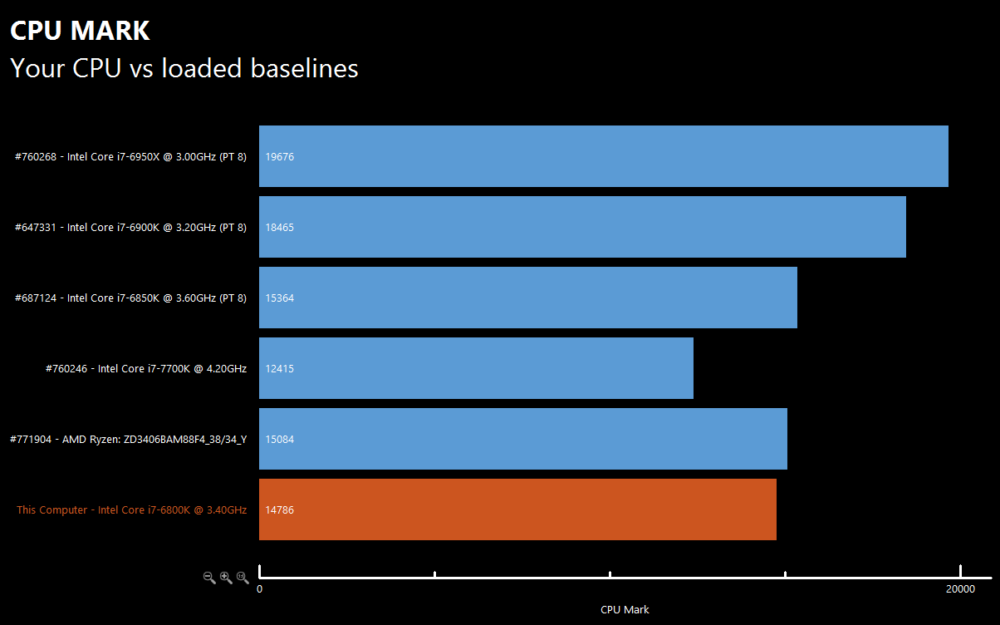
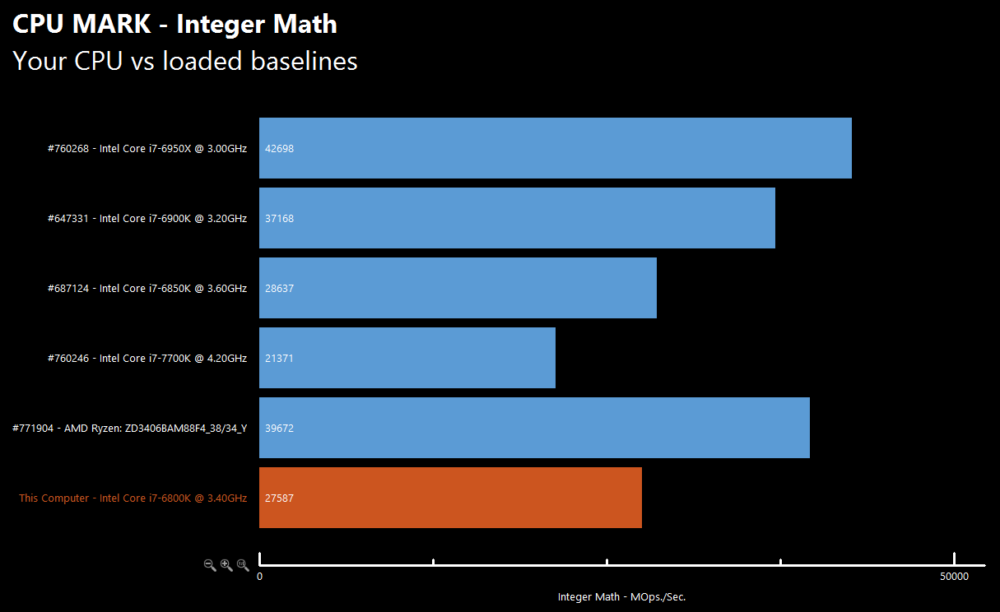
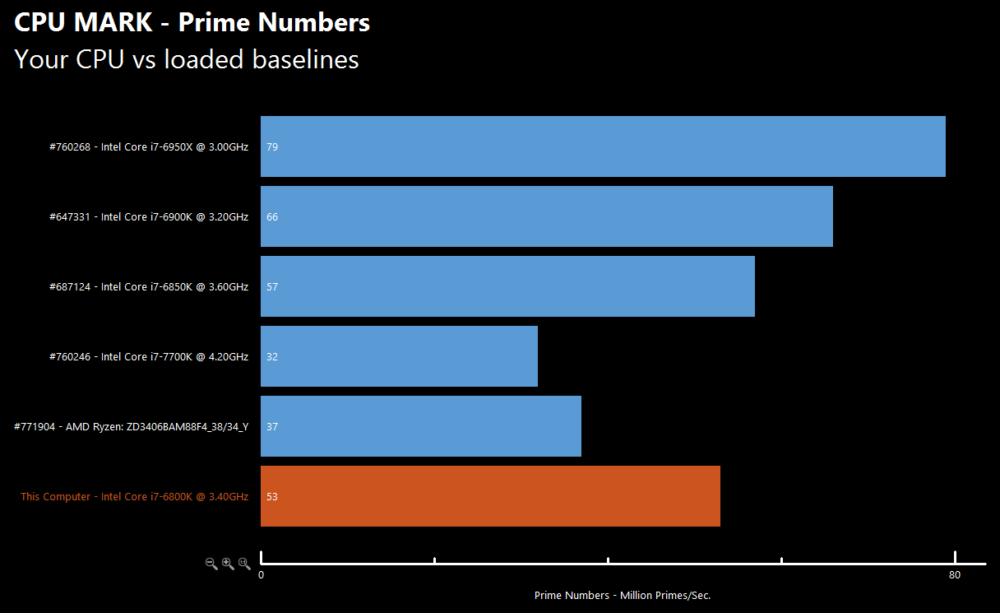
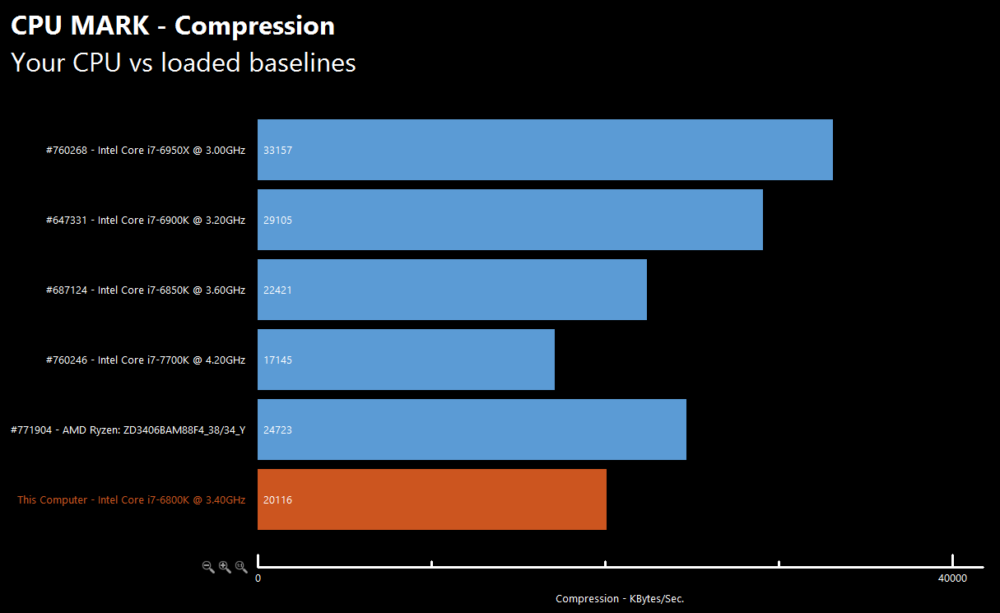
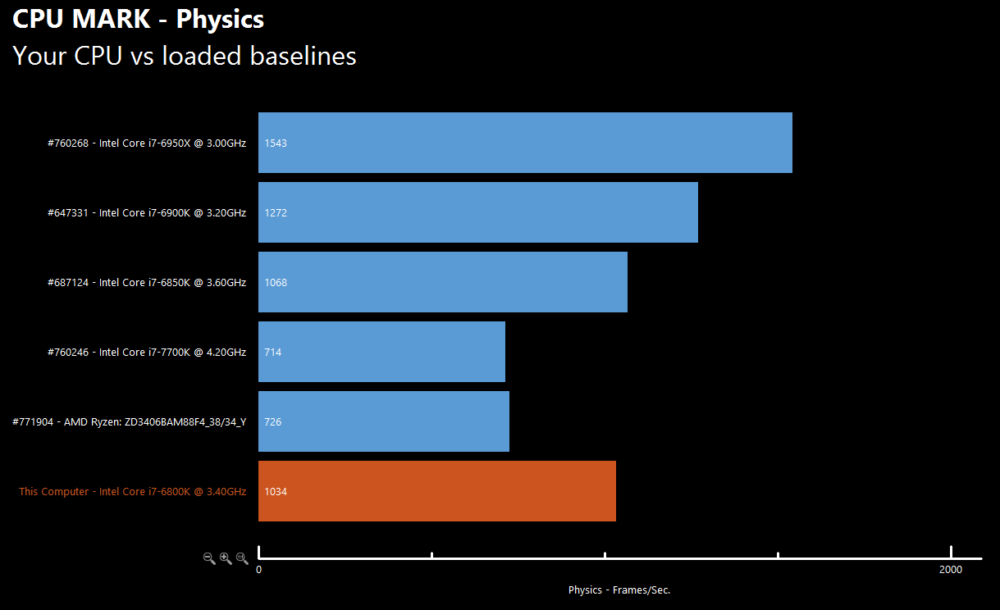
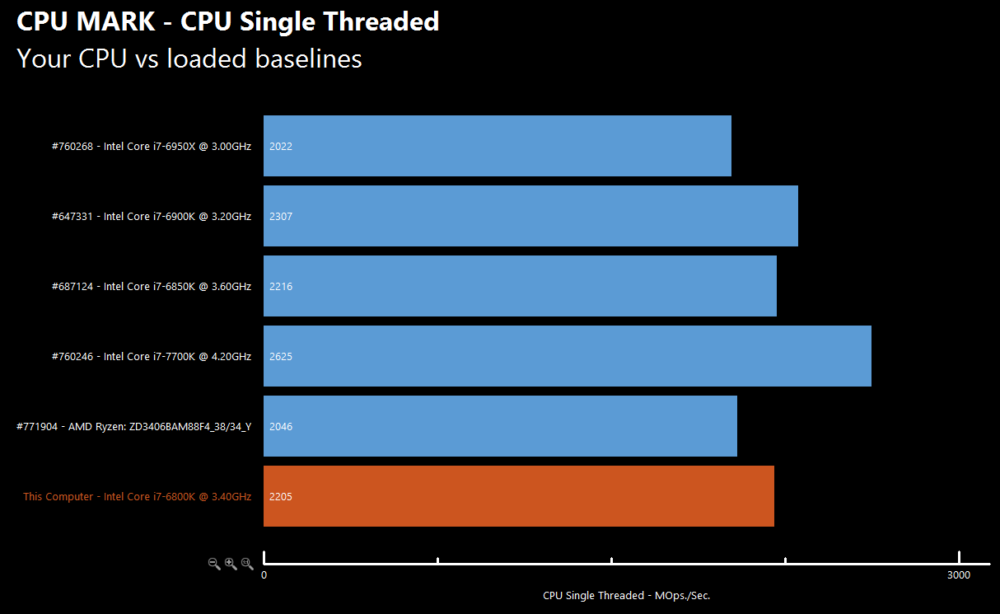
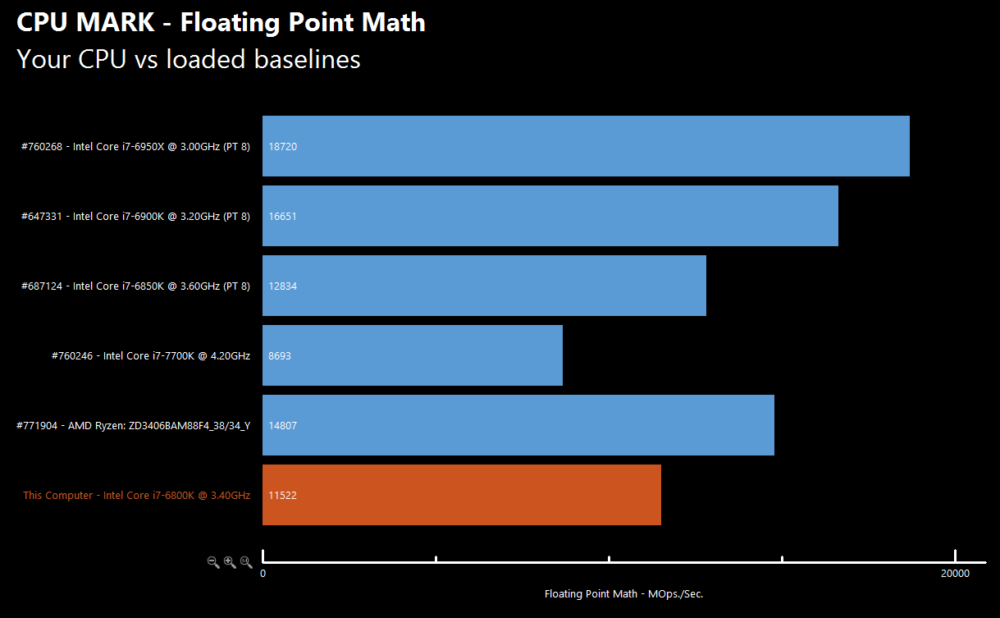
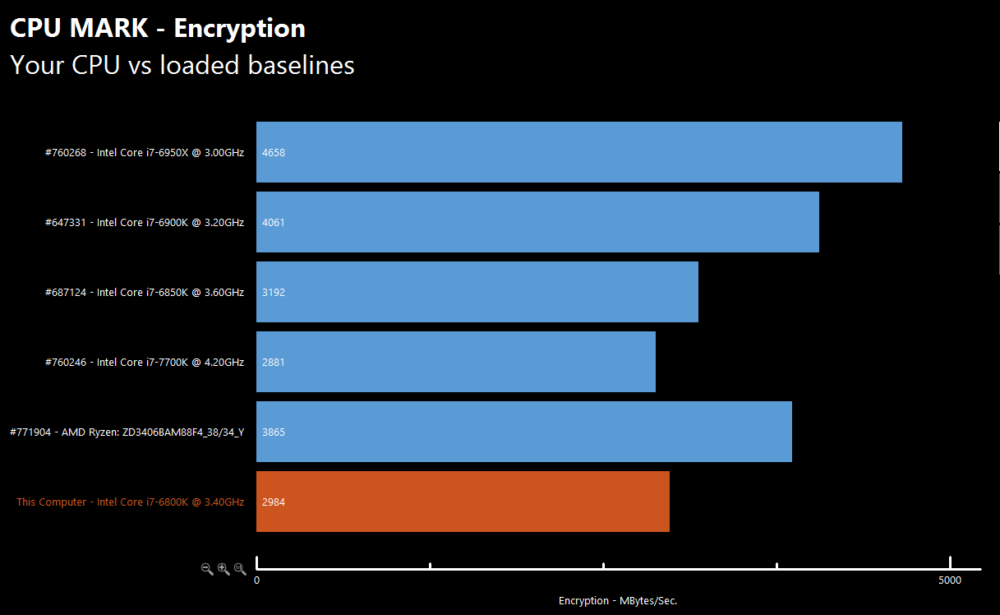
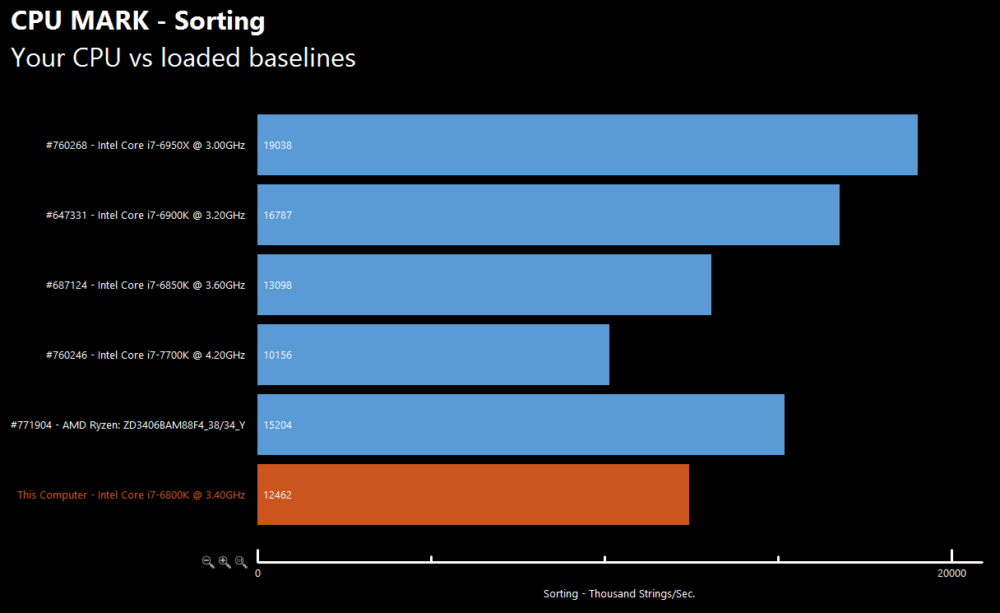



 but yeah we were in that train faster than haswell but still a little off Broadwell, either way it is good. IMC though needs work big time.
but yeah we were in that train faster than haswell but still a little off Broadwell, either way it is good. IMC though needs work big time.








 )
)




